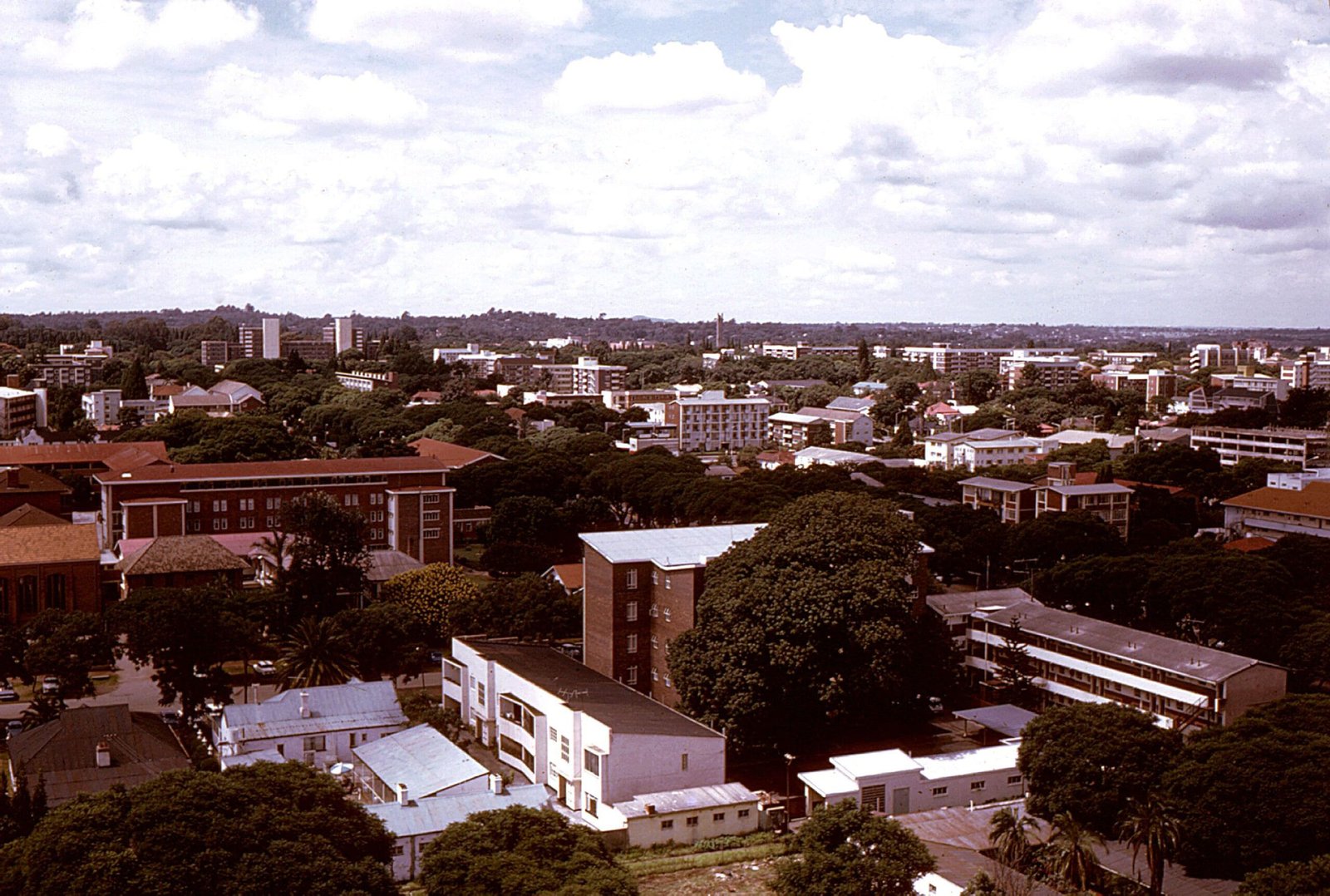Zimbabwean democracy is suffering from a lack of civic awareness. A populace disinterested in politics leads to corruption and apathy.
Shocking acts of tyranny by Zimbabwean leaders are broadcast in the news all the time. The question on everyone’s mind when these tyrants continue to win elections despite constant failure is “Can’t the people of Zimbabwe do something?” Of course they can do something. The fear of violence is often given as the reason for their indifference but that’s not half of the problem. If anything, their extremely low level of civic awareness complements the government’s incompetence, making the country one big disaster.
When politicians campaign for office in developed countries, they debate policies and ideologies inorder to appeal to the masses. The average voter in these countries understands what every policy entails and how it will affect their well-being or the country at large. This reflects a high level of civic awareness and it makes citizens active participants of their democracy. It also pushes politicians in these countries to be accountable and competent. The high levels of civic awareness in developed countries reveal a great deal on why their leaders have to be competent and why their policies work. The complete opposite is true about Zimbabwe and the reality behind the Southern African country’s failed democracy.
There was a total of 23 presidential candidates in Zimbabwe’s 2018 presidential elections. Many observers including the British ambassador to Zimbabwe; Catriona Laing, praised this as a reflection of a vibrant democracy. Zimbabwean newspapers were awash with news of this record breaking number of presidential candidates, hailing it as a good sign of a post-Mugabe Zimbabwe. Very few of them talked about these candidates’ proposed policies; if they did, very few people would care. Some papers talked a great deal about Dr. Nkosana Moyo, the only candidate who actually emphasized on policy and competency, but that didn’t sell much to the Zimbabwean audience. The candidates themselves spent most of their campaigns hiring musicians to perform at rallies, giving free t shirts or handouts and bashing opponents in the hope that the roast would dominate memes in the social media craze at the time. President Emerson Mnangagwa won the election but very few people know about any of the policies he proposed or implemented. The most remembered part of Mnangagwa’s presidential campaign was his comedic roast of the leading opposition leader Nelson Chamisa saying, “Tinorakasha, Tigorakasha, Tichingorakasha!” (We beat them, and We will beat them, We will keep on beating them). This instance of repetitive humor by the President is still a popular meme in Zimbabwe, it has even become an informal word to describe the ruling ZANU PF supporters and sex in the misogynistic sense. Sexual innuendos and cheap gifts have been the subject of presidential campaigns ever since the black vote began to count in Zimbabwe.
Colonial presidents were mostly white Rhodesian elites who did not care much for the welfare of black people. Since black people were not allowed to vote, they exclusively appealed to white citizens. The welfare of the colonized was left for the various municipalities, local governments and employers to handle. The presidency and process of elections were mistified this way in black communities. Elections were understood as a privilege where the leader of the country would beg for votes from white people so that they could get whatever they wanted; a crooked version of Santa Claus if you will. When majority rule was attained, black communities went overboard. They wanted to be pampered and given free stuff. Wearing party regalia became an established tradition during election time. Post colonial Zimbabwe saw elections getting reduced from screening competent leaders to whoever can put up the greatest show.
This shows the ridiculously low levels of civic awareness in Zimbabwe and they cause serious problems. For starters, the average Zimbabwean’s political activity exclusively consists of voting; that is if they are not cynical like most who believe the elections will be rigged anyway. This means that they rarely participate in constitution making processes, referendums, petitions and various other political activities citizens should partake in. The other significant factor to this problem is ignorance with regards to the constitution and judicial structures. The majority of Zimbabweans don’t even know that there is a constitutional court.
This also results in a low level of participation causing the government to get away with corruption and totalitarianism. When Mugabe was president, he made numerous unlawful amendments to the constitution, including one that nulled void a referendum he had lost that had made his previous amendment illegal! As Alex Magaisa points out in his Constitutionalism versus Constitutionality paper (2013), the Zimbabwean government abides to the rule by law instead of the rule of law. The former serves their selfish interests while the latter looks out for everyone. There are red flags indicating this trend all the time, but Zimbabweans never feel the urgency to respond until its too late. Most of them fail to comprehend the implications of such amendments, and if someone explains it, they brush it off like some far fetched academic theory. This is very ironic for a country that boasts of having a very educated population.
When these greatest show men come into power, only the fans from their campaign will support them, not for their policies or efforts to improve anything. They simply attend more rallies and get more free T shirts making the politicians look good and loved on TV. The rest of the population simply sulks, detach themselves from politics and wait for future elections. This means that no one looks at the state of the nation, they expect the government to magically fix everything without their participation or cooperation. The majority of policies by Zimbabwean ministers have failed for decades because no one follows up or cooperates. Opposition movements add on to this chaos by distracting the citizens from the efforts and narrowing the problem to make them appear as the only solution. The current cash crisis in the country is a classic example of non cooperation from citizens. The multi-currency system was introduced in early 2009 to counter the country’s hyper inflation. US dollars and South African Rands replaced the hyper-inflated Zim dollar and the economy experienced a little growth. The governor of the Central Bank (Reserve Bank of Zimbabwe) at the time; Dr. Mangudya, warned that it was not wise to use this foreign currency buying from neighboring countries since his bank had no power to regulate it in accordance to such activities. The policy would have given Zimbabwe time to grow if people had cooperated. There were two liquidity crises that ensued in the following decade, the first one of which was curbed by then US president Barack Obama’s generous bail out in 2013. The same thing happened again in 2016 which means Zimbabweans hadn’t learnt anything from the first one or followed up on currency related policies. The same is true for many other policies that the Zimbabwean government has attempted to implement in the last 2 decades.
Zimbabwe is a perfect example for why civic awareness should not be taken for granted. While presidential elections are the most popular political activity in any country, they are definitely not the only significant one. If anything, they are the start of a long journey to progress. Zimbabwe, like many other third world countries would go a long way if it’s citizens learnt more about national interests, the policies put in place to attain them, how they benefit them and constitutionalism. If the same energy Zimbabweans collectively put in elections was the same they afforded every other political activity, there would be a progressive transformation in the country’s affairs. Whereas leaders have always been partisan and totalitarian in their affairs, the citizens should not go down the same road. The law, and progress are the only things an active citizen should answer to.






